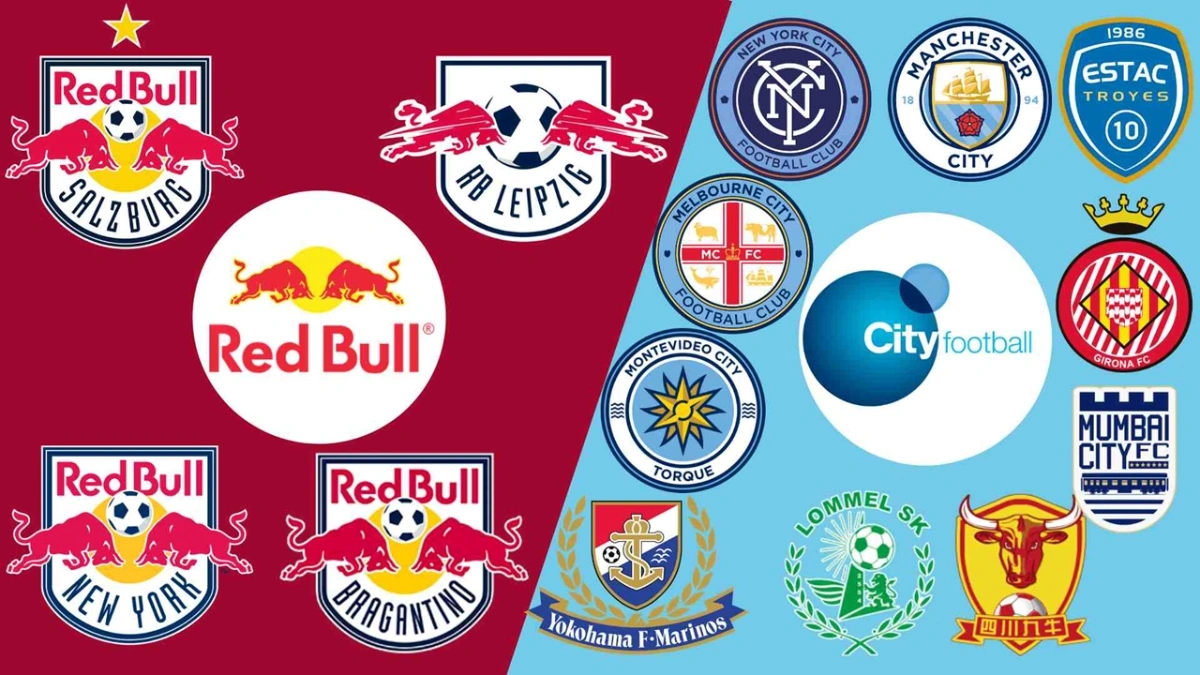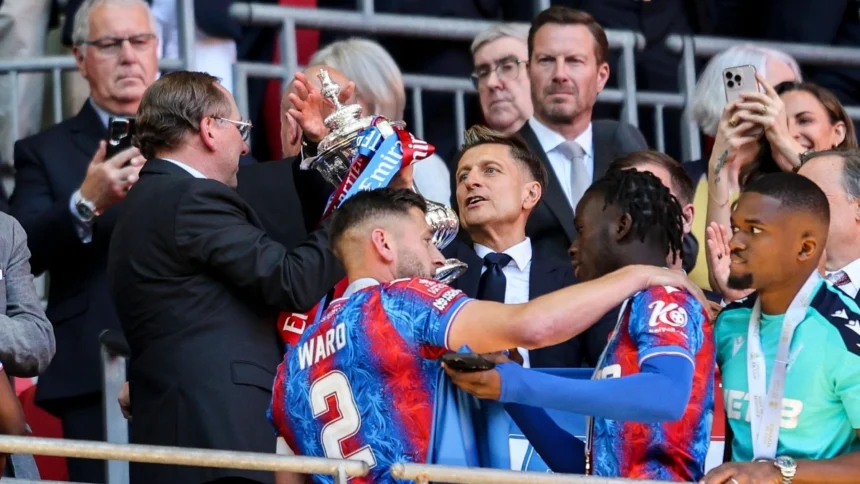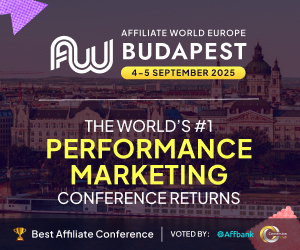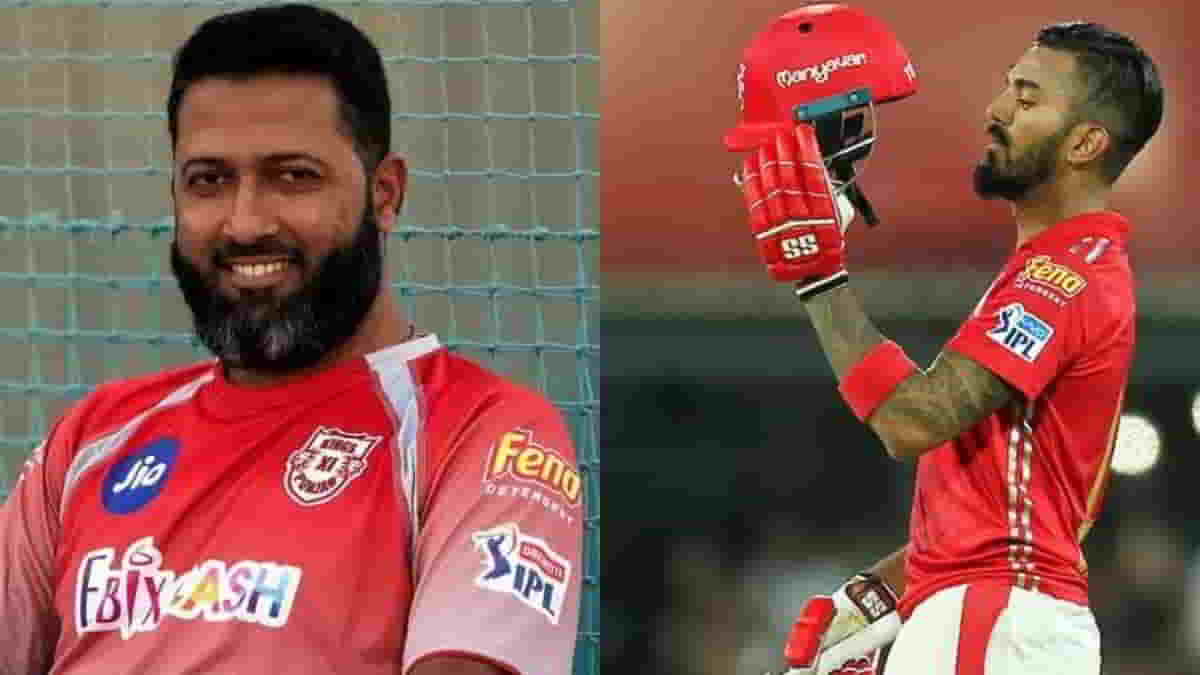Crystal Palace Just Got Burned by the Multi-Club Ownership Era And They’re Not Alone
Multi-club ownership isn’t just a trend anymore, it’s football’s new normal. From Red Bull’s sprawling empire to City Football Group’s global grid, everyone with a billionaire’s wallet seems to want a slice of every pie. But as Crystal Palace just found out, UEFA’s patience with this model is wearing thin.
So what’s the deal with multi-club ownership (MCO), and why is it turning into such a mess?
Who’s Owning Who?
Let’s talk scale. Red Bull alone has a hand in:
- RB Leipzig
- Red Bull Salzburg
- New York Red Bulls
- Red Bull Bragantino
- FC Liefering, Paris FC, TV Omiya Ardija, and even Leeds United

And they’re not alone. England’s top leagues are littered with clubs tangled up in MCO webs. Think Manchester City, Chelsea, Aston Villa, Nottingham Forest, Arsenal, Man United, and of course, Crystal Palace, all part of bigger networks.
The money’s global. The ambitions are even bigger. But UEFA has a rulebook, and it just came down hard.
Palace Win the FA Cup, Still Get Benched for Europe
On paper, Crystal Palace should be in the Europa League next season. But thanks to John Textor’s Eagle Football Group, which had stakes in both Palace and Lyon, UEFA’s multi-club rules kicked in.
Lyon were nearly relegated by French football’s financial watchdog, but got reinstated after an appeal and, crucially, an early transfer payment from PSG for Bradley Barcola. That rescue operation pushed Lyon back into European eligibility and shoved Palace out.
UEFA’s stance is crystal clear:
- No one can be involved in the management, admin, or sporting performance of more than one club in the same competition
- No one can have control or decisive influence over two clubs in the same tournament
Palace argued for independence, but Textor’s sale of his shares came after UEFA’s March 1 deadline. Too late. Too bad.

The Bigger Picture: MCO Needs a Rethink
As more investors carve up the football map, the system isn’t built to cope. UEFA and the European Club Association (ECA) are now expected to sit down this summer and figure out how to update the rules, before this turns into a full-on fixture list nightmare.
This isn’t just about Palace. It’s about keeping European football fair, transparent, and actually competitive, even when the same owner has boots in multiple dressing rooms.
MCO isn’t going away. But if football wants to keep its soul intact, the next few months could shape how ownership, investment, and integrity coexist in the modern game.
Also Read- How Bradley Barcola’s PSG Transfer Got Crystal Palace Banned From The Europa League


























